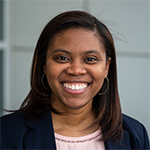
I was amazed at how inclusive and family-oriented the BME faculty, staff, and students were. Many things assured me that I would be in a supportive and collaborative environment, which is exactly what I wanted and needed.
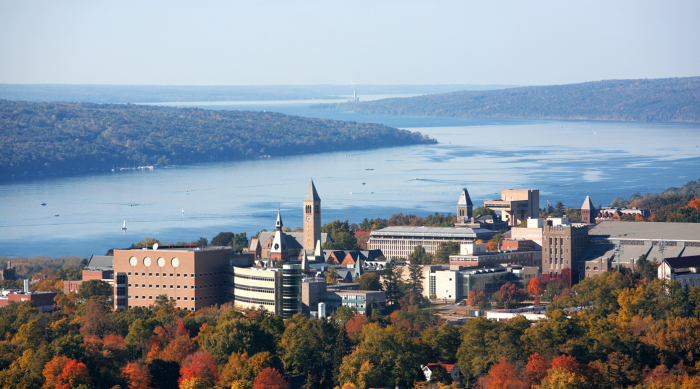
Welcome to Cornell University: Any person, any study.
Take a tour: visit our virtual visit open house site.
Biomedical Imaging and |
Drug Delivery and | |
|
|
|
(Recorded sessions from the 2020 Cornell BME Open House)
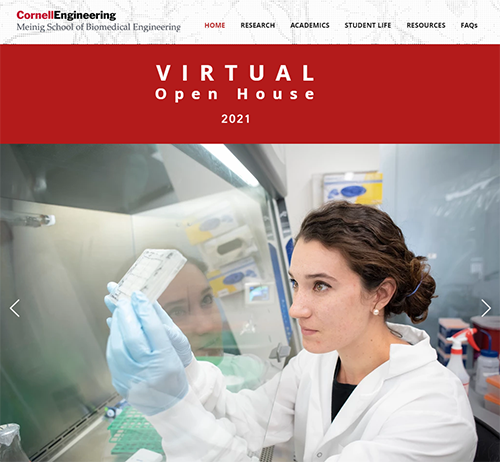
Explore our program on our virtual visit open house site.

First-hand Experience in a Clinical Environment.
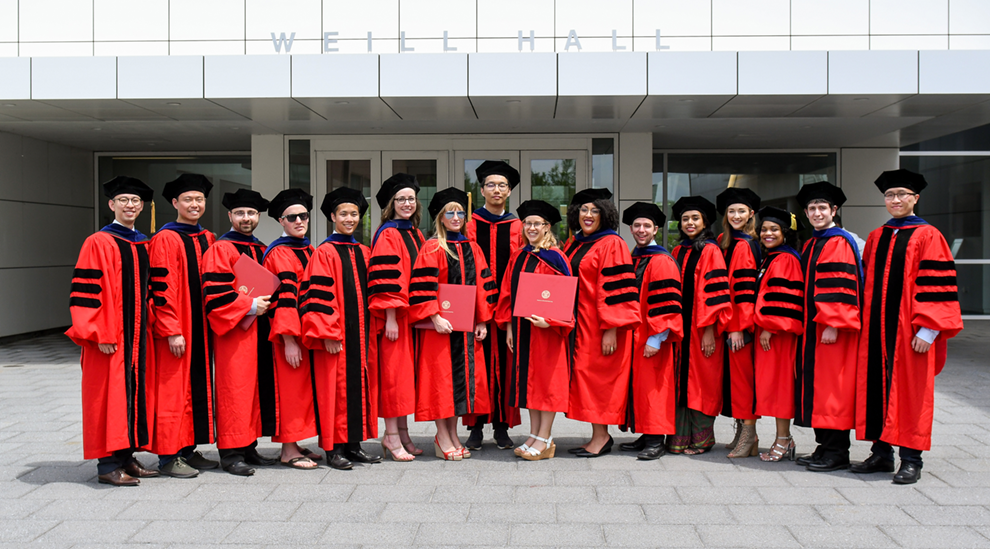
Click through this carousel to learn more about recent Ph.D. student awards and honors, participation in outreach, science policy, science communication and more.
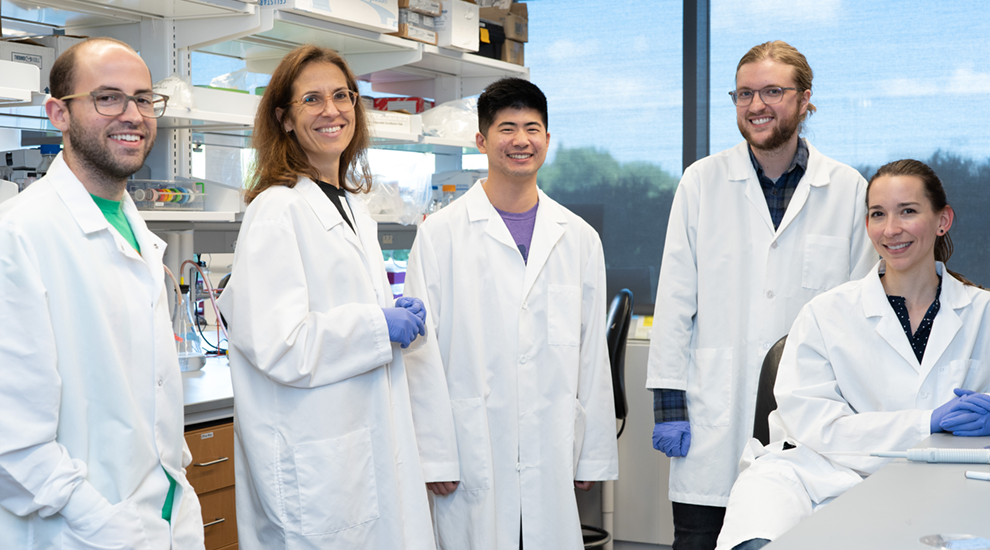
Just as seeds need soil to grow, cancer cells need a microenvironment to proliferate. Ph.D. student Garrett Beeghly studies this microenvironment—and patients, too.
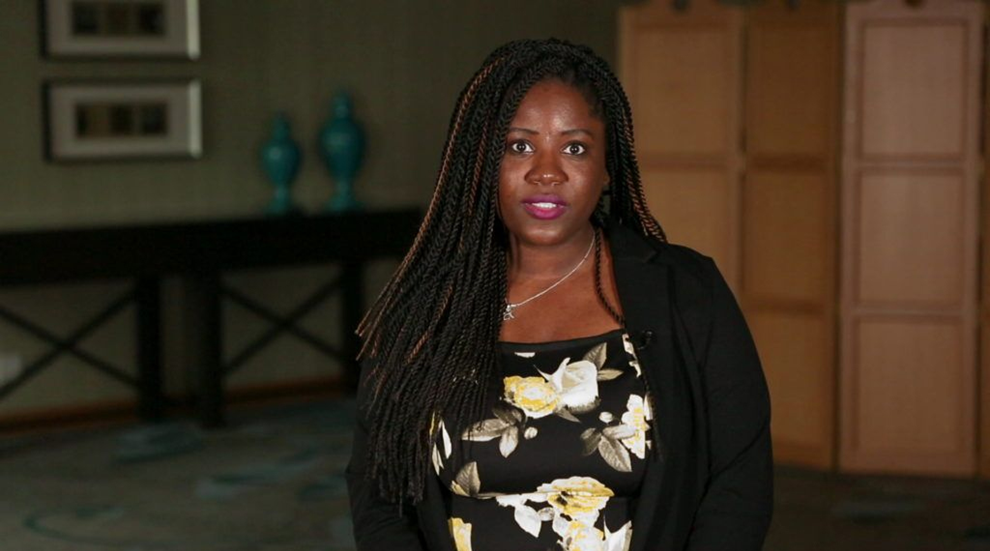
Alumna and TED Fellow Liz Wayne (Ph.D. 2016) tells PBS News Hour about the power of role models who look like you.
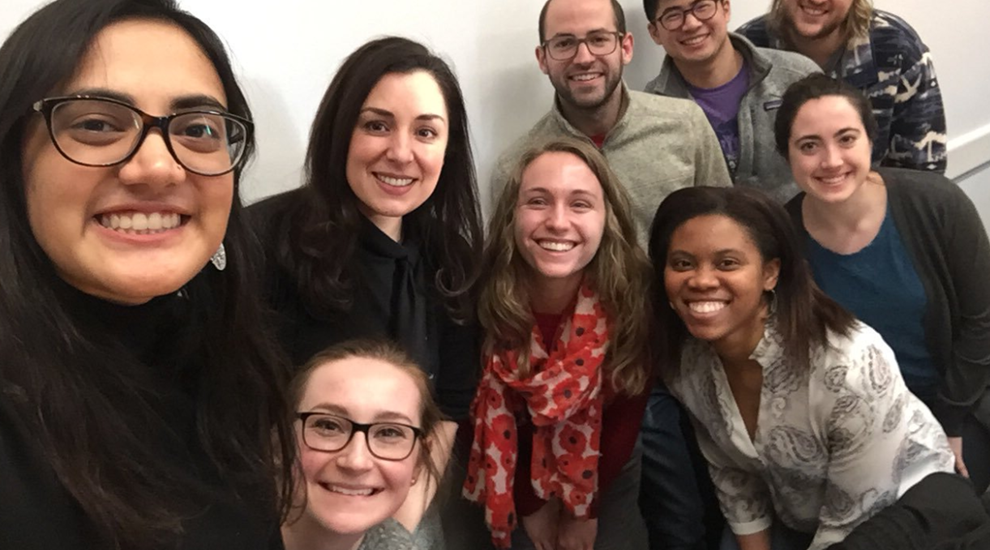
Graduate students reinstate the Cornell Biomedical Engineering Women’s (BMEW) as a resource for students in the graduate field of BME.
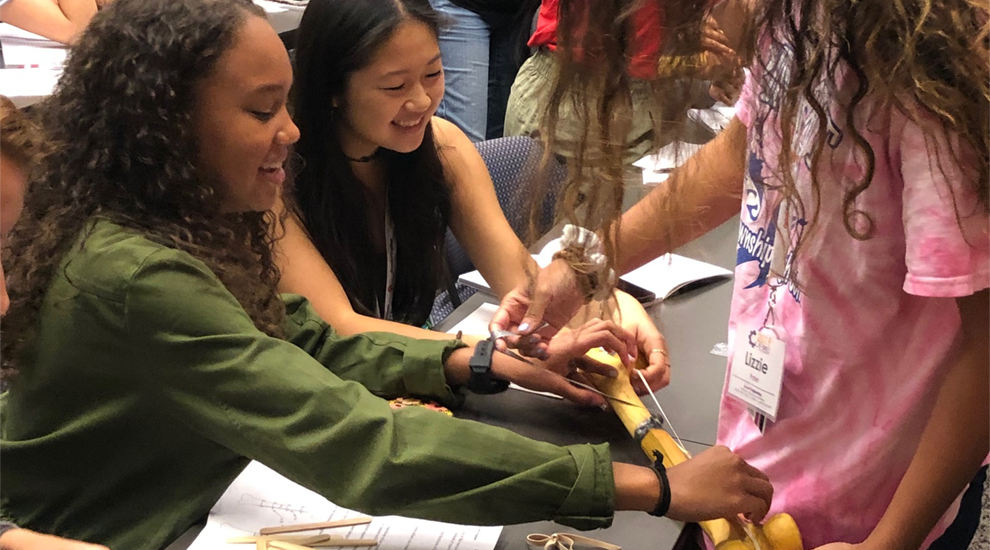
BME and MAE students partner to host high school girls who excel in math and science for an afternoon of design and research sessions.
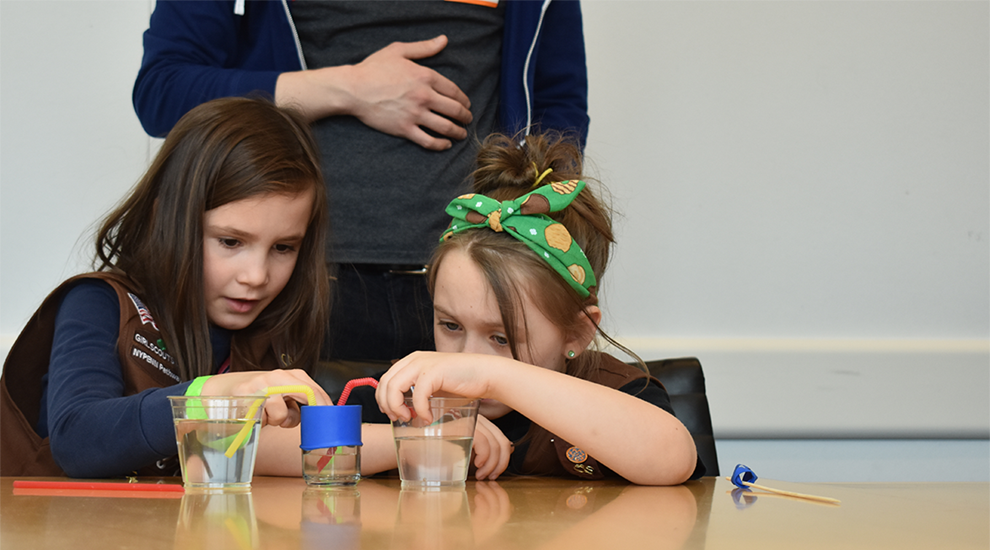
Cornell’s Graduate Chapter of the Biomedical Engineering Society (BMES) hosts its annual Spring Girl Scout Engineering Day (GSED)
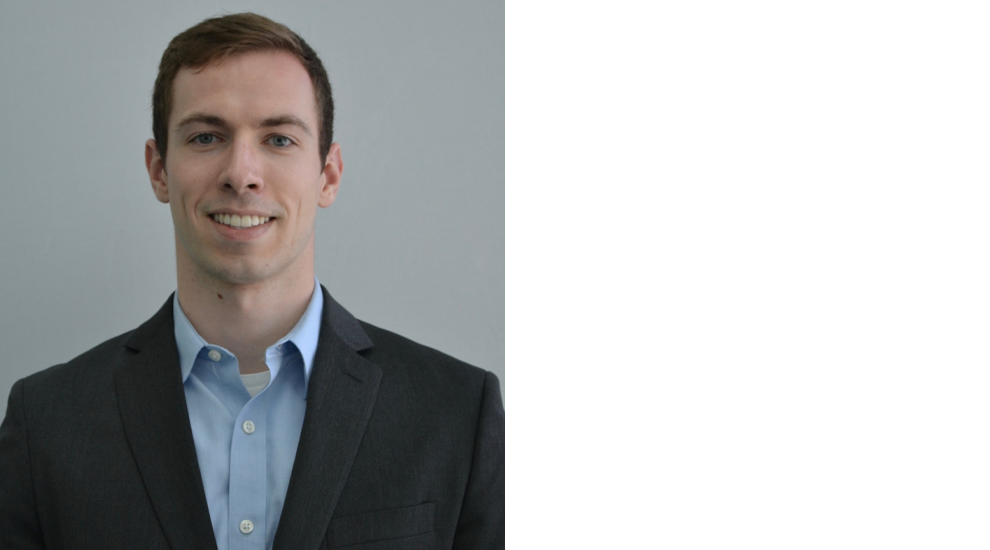
Meinig School Ph.D. Student Stephen Sloan will spend a fully funded semester as a commercialization fellow, examining the business prospects for an injectable intervertebral disc treatment.
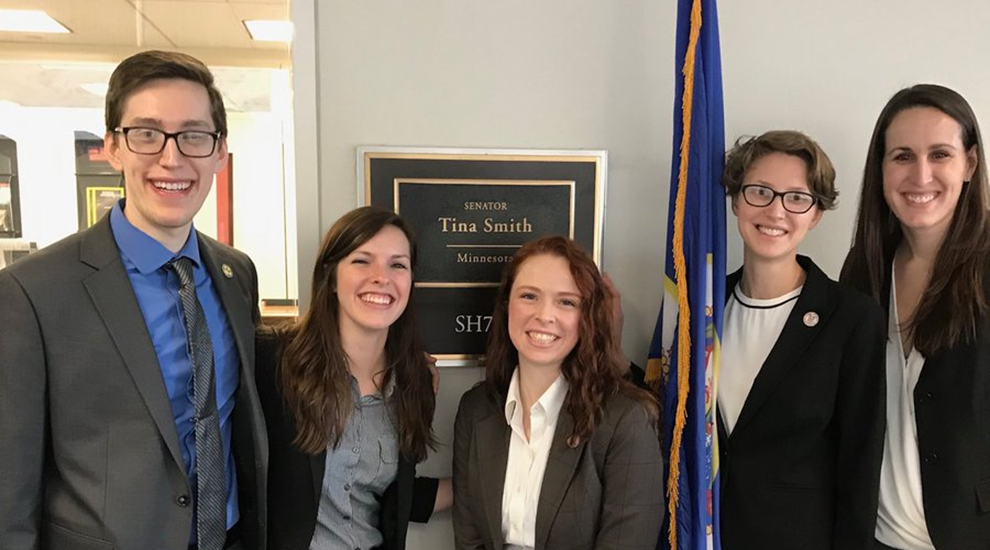
Select students travel to Capitol Hill as part of Cornell Advocacy Day, an opportunity for graduate and professional degree students across all graduate fields to learn more about public policy.
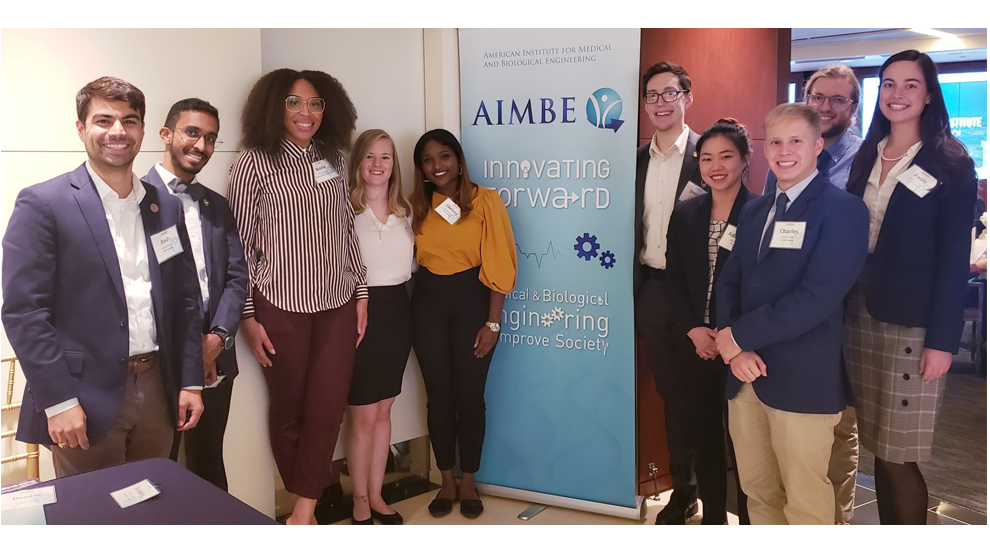
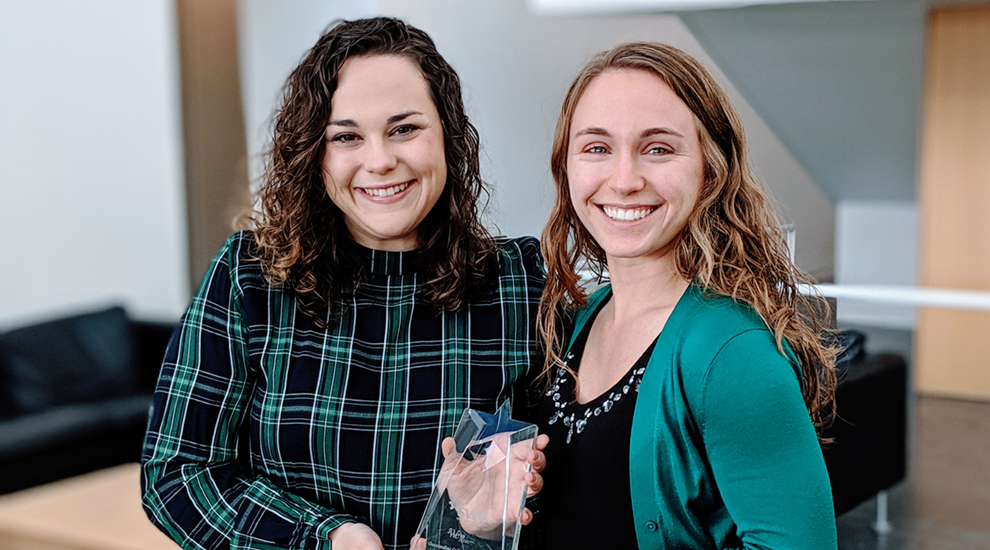
Ph.D. student Carolyn Chlebek recognized for strengthening relationships with STEM diversity organizations on campus, and for raising the visibility of SWE in the global graduate student community.
Meinig School students help organize event featuring panels on social media, science policy, podcasts, storytelling, outreach and extension, and citizen science.
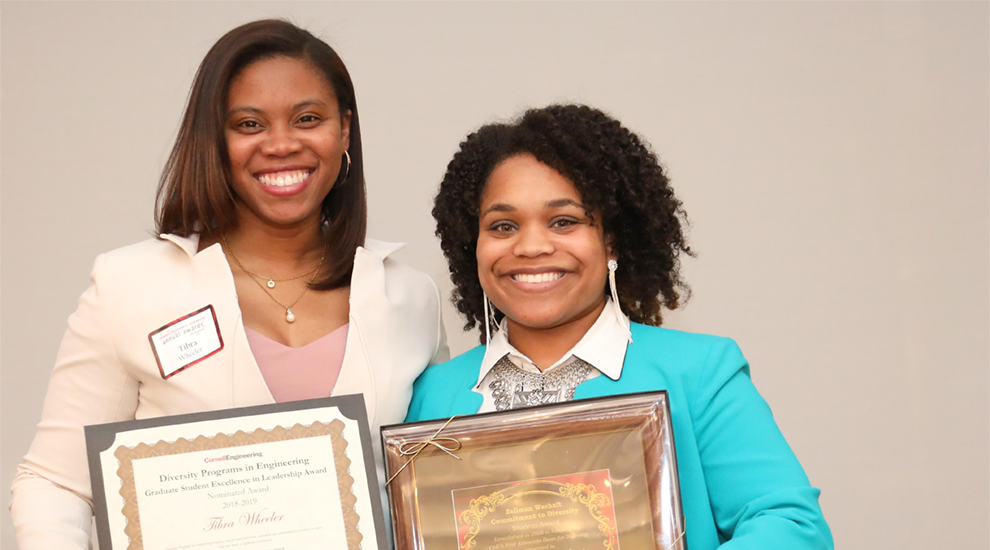
Five Meinig School Ph.D. students honored as diversity leaders at annual celebration.
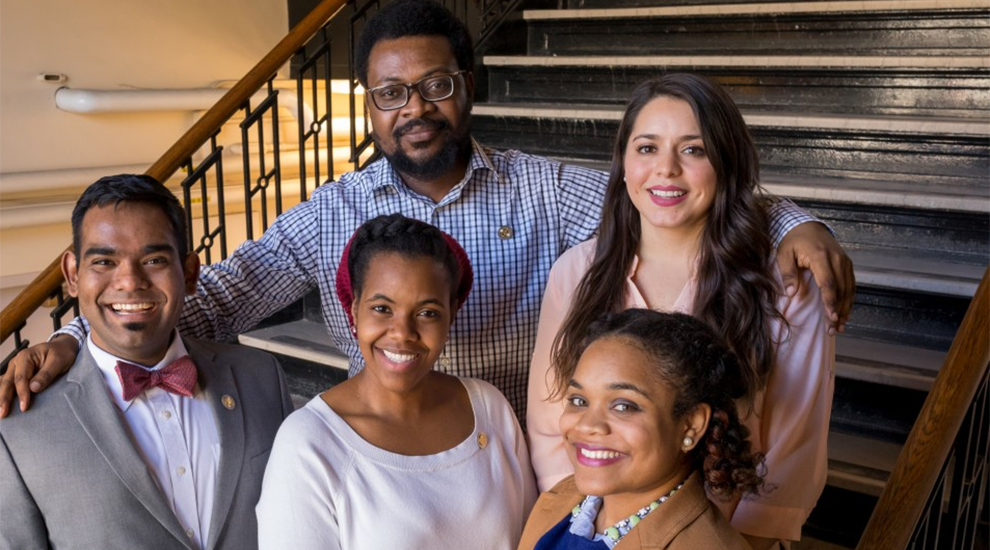
Ph.D. student Monet Roberts recognized for outstanding scholarly achievement.

I was amazed at how inclusive and family-oriented the BME faculty, staff, and students were. Many things assured me that I would be in a supportive and collaborative environment, which is exactly what I wanted and needed.
 Chelsea Stephens
Chelsea Stephens"Biomedical engineering provides me with a unique set of skills in problem solving and critical thinking. I have learned how to identify niche-specific problems in healthcare and develop solutions to improve the lives of many."
 Jason (Chang) Marvin
Jason (Chang) Marvin"Cornell actively fosters an environment that encourages its graduate students to extend their training beyond the research lab (e.g. outreach, teaching, mentoring, and science communication & policy opportunities) which I knew would allow me to grow tremendously as a scholar and future educator."
 Alex Clark
Alex Clark"The [Cornell BME] program offers a unique opportunity of learning at one of the best engineering and medical research centers in the country. I found that the faculty and staff at both Cornell and Weill Cornell Medicine were exceptionally accommodating of my interest to explore research labs in both Ithaca and New York City"
Cornell Engineering is a place that welcomes African American women, where they can find a community and pathways to success in Engineering. Featuring BME students Tibra Wheeler and Jordan Harrod, and Senior Lecturer Shivaun Archer.
(recorded sessions are from our recent open house)
Walks, wineries, waterfalls, and more! Learn more about the beautifully diverse city we call home.
Visit Ithaca website | The Finger Lakes Region | Ithaca Named Best College Town for Livability (2019) | Ithaca Ranked #4 Most Arts-Vibrant Community in the U.S. (2020)
Twelve Meinig School students recognized for diversity leadership by Cornell's Diversity Programs in Engineering (DPE) office. Read more about Meinig School students honored with 2021 annual diversity awards
Brittany Schutrum, a PhD student in the Fischbach Lab, says the multidisciplinary approach of the Cornell Community Cancer Partnership was part of what drew her to join the program. Read more about Cornell, Cancer Resource Center partnership opens students’ eyes to realities of disease
The award letter states that Cornell Engineering has demonstrated a commitment to: Establishing baseline support for groups underrepresented in engineering; Quantifiably analyzing and assessing unit... Read more about Cornell Engineering recognized by ASEE for "inclusive excellence"

I chose Cornell not only for the phenomenal research opportunities, but also because the BME community felt real and genuine. Cornell BME allows me to have flexibility in my coursework and gives me skills to guide my own path during my research career, and I value that tremendously
Experience the beauty and energy of Cornell’s Ithaca campus in this video. Short version (3 minutes), below. Long version (18 minutes)
Meinig School website | Cornell Engineering | Cornell Graduate school
Join us in engineering better human and animal health through radical collaboration.
Bonassar Lab students show you around their lab!